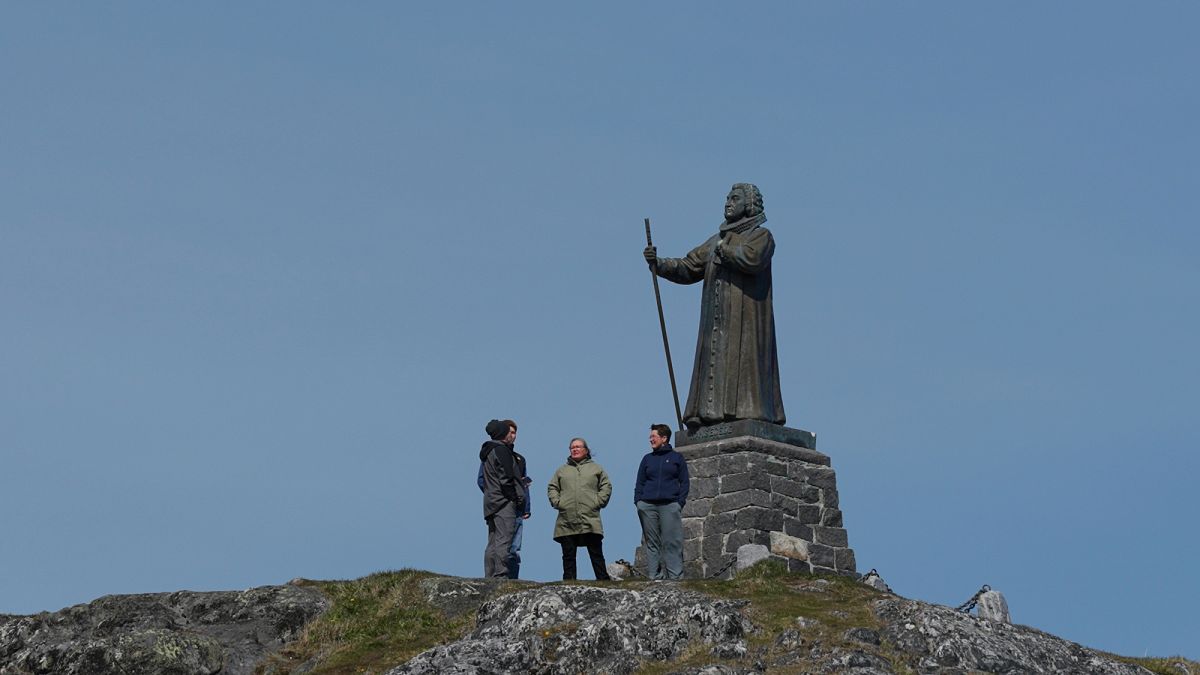

In today’s interconnected world, various regions are experiencing challenges and changes, from environmental concerns to resource acquisition and ecological impacts. These issues, while diverse, highlight the global effort to balance development with preservation and sustainability.
As countries strive for energy independence, attention has turned to Greenland, a new frontier in the global race for critical minerals. In an effort to reduce reliance on China, both European nations and the United States are increasing their focus on Greenland’s untapped mineral resources. The icy terrain is rich with elements essential for modern technology, such as rare earth metals and other vital compounds integral to high-tech industries. This strategic move towards Greenland is part of a broader push to diversify supply chains and ensure stable access to these crucial materials.
While Greenland positions itself as a pivotal player in mineral supply, Africa faces its own resource-related challenges. An investigation has raised concerns regarding EU biofuel projects in the Congo, a region aptly called the “breadbasket of Congo.” The projects claim to utilize ‘degraded lands,’ but such undertakings pose risks to local food security. The United Nations suggests there might be a need for more homegrown food in Congo, emphasizing the delicate balance between developing renewable energy resources and meeting the basic nutritional needs of the population.
Meanwhile, in Europe, the natural environment presents its own set of challenges as summer heats up. Beachgoers are being advised of potential risks from Vibrio bacteria present in waters like the Baltic and North Seas. These bacteria, which can thrive in warmer waters, pose a health risk if ingested or if they infect open wounds. Public health officials encourage vigilance and awareness, urging visitors to prioritize safety while enjoying coastal areas.
Elsewhere in Europe, the ecological landscape continues to evolve with the presence of invasive species such as raccoons in Germany. While raccoons may appear endearing, scientists warn that their spread, along with that of other species like hornets and ibis, is impacting Europe’s biodiversity. These non-native species compete with local wildlife, often disrupting ecosystems that have evolved over millennia. Efforts to study and manage these populations are underway, highlighting the importance of maintaining ecological balance.
Over in the United States, the natural beauty of national parks sometimes comes face-to-face with environmental threats. Recently, wildfires swept through the Grand Canyon’s North Rim, leading to the destruction of the historic Grand Canyon Lodge. More than 45,000 acres have been burned, necessitating the closure of this iconic area for the season. Efforts to control and mitigate such fires are crucial in protecting these cherished natural spaces while ensuring visitor safety.
These stories, while rooted in different geographies, reflect a common theme: the need for mindful stewardship of our planet’s resources and environments. Through thoughtful strategies and collaborative efforts, there is hope for addressing these challenges and fostering resilience in our global community. As we navigate these intricate and varied circumstances, embracing sustainable practices and technological advancements can coexist with the preservation of our world’s natural heritage.
Source: {link}
